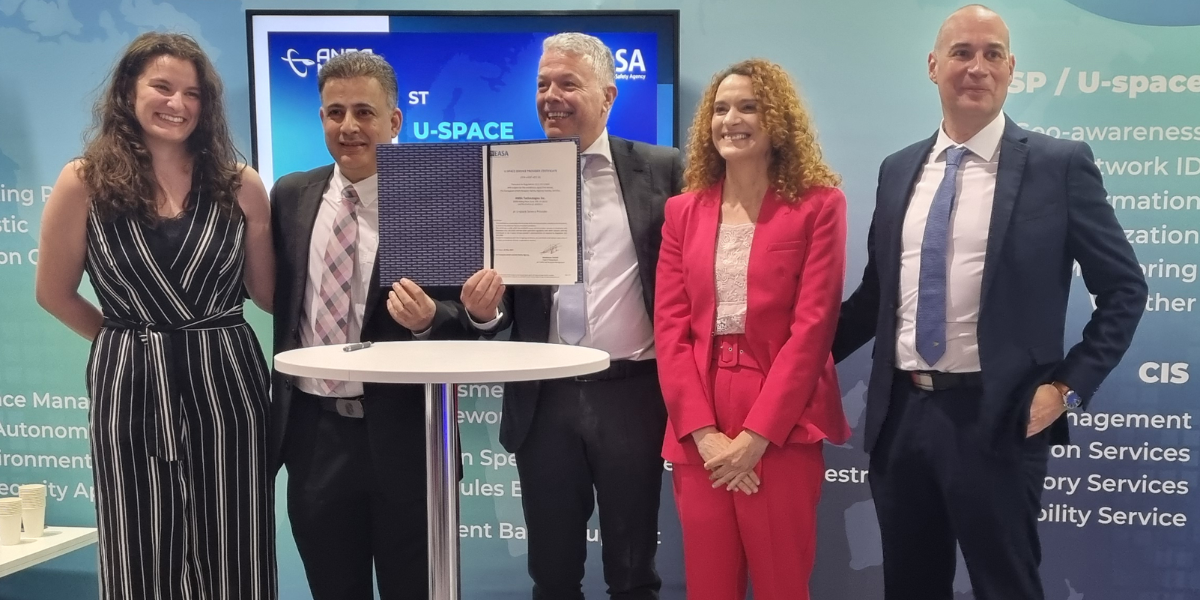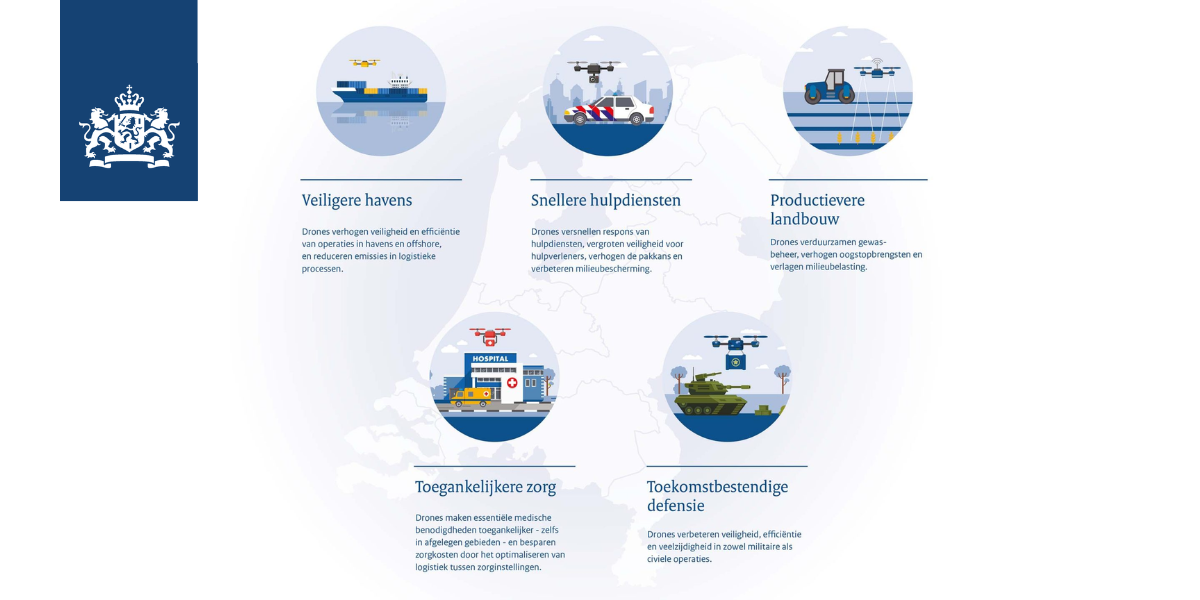‘Commercial flights in Europe? Start small’
Last March at Amsterdam Drone Week, Nathanal Apter of Swiss-based consulting firm UASolutions discussed the prospects for drone operations at scale in Europe. Here’s a recap.
Nathanal Apter emphasizes the importance of regulations in scaling drone operations but notes that they can sometimes receive either excessive or insufficient attention. In Europe, regulations are shaped by a Specific Assurance and Integrity Level (SAIL) Score, reflecting a risk-based approach. SAIL scores range from I to VI, with increasing compliance requirements as the score rises. Simple and low-risk operations, such as agricultural tasks in sparsely populated areas, have lower SAIL scores, while complex operations like drone swarms or flights in densely populated regions have higher scores.
Complex, difficult, and expensive
Apter cautions against assuming that certification for SAIL VI operations, allowing flight anywhere, is the best approach for scaling commercial drone operations in Europe. Higher SAIL requirements are complex, difficult, and expensive to achieve. Moreover, SAIL V and SAIL VI are not yet fully defined. Additionally, the implementation of U-Space, Europe's framework for unmanned traffic management and drone integration into airspace, is still pending in European countries. This poses challenges for commercial drone operators aiming to conduct beyond visual line of sight (BVLOS) operations at scale.
To achieve a viable commercial scale in Europe today, Apter suggests starting small and gradually building up. Companies should focus on understanding and operating under SAIL I and II requirements, as significant opportunities exist within those levels. Incrementally increasing compliance with higher SAIL levels allows businesses to expand while meeting complex operational demands. Keeping track of industry standardization processes is crucial, as they will inform operational certifications. Collaboration and sharing knowledge among stakeholders can accelerate progress and benefit the development of all companies.
Compliance
While building compliance competence in-house is recommended, seeking external assistance may be necessary to navigate the process of obtaining and maintaining operational permissions. Obtaining approval is just the beginning; companies must maintain compliance over time and adapt to evolving regulations that can impact operations. Losing approval can occur swiftly due to regulatory changes.
Share your story with us
Do you have knowledge on current air solutions, potential innovations and vital regulations you would like to share with the UAS community? The Amsterdam Drone Week website and social media channels are a great platform to showcase your stories!
Please contact our Brand Marketing Manager Hilke de Vries.



